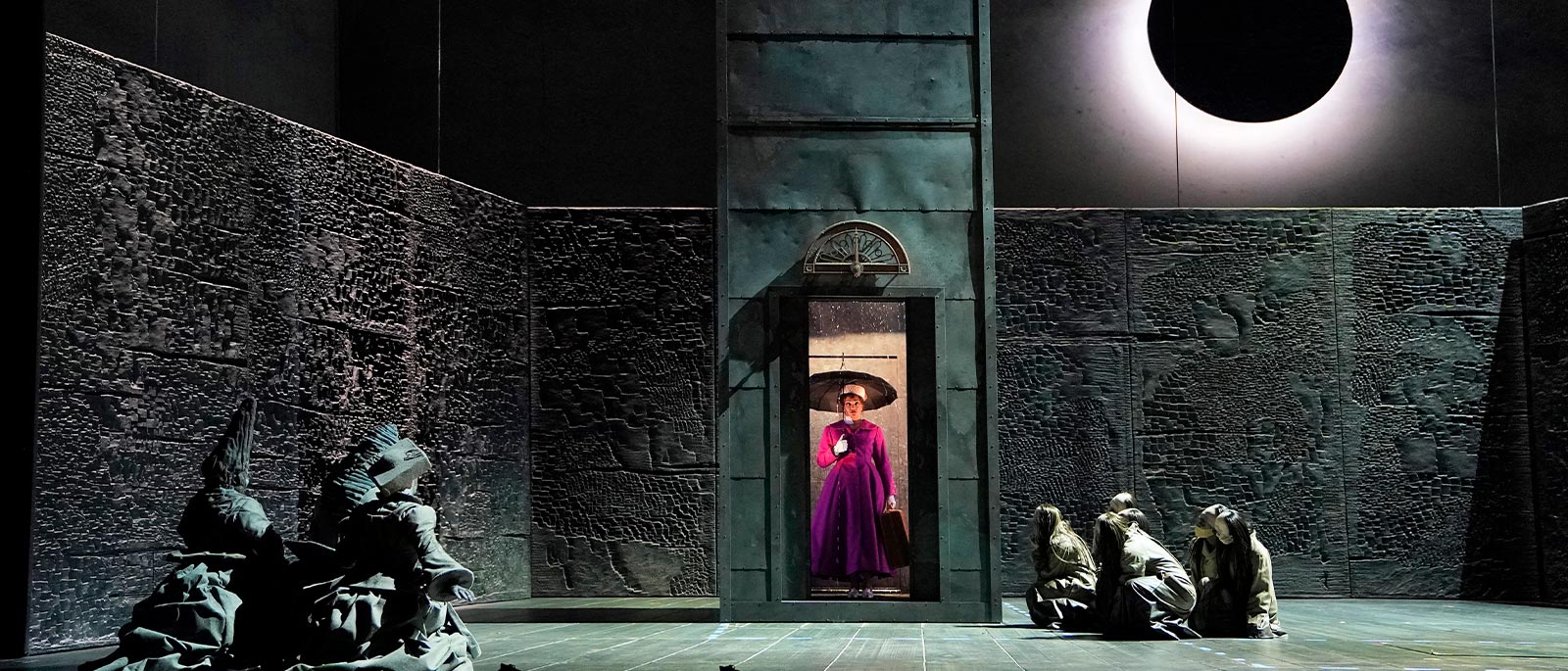

But at the Met there is a misty blank at the center of the work: Morley, in a role that dominates the music and action, has a voice that is poised and precise - and so slender as to be almost inaudible for much of the opera. This structure puts much more focus than usual on Eurydice, the conjunction of these romantic and familial strands. Her play, written a few years after her father’s death, added a twist, grafting onto the traditional myth a story about a parent and child grieving their distance. He wrote that libretto thanks to Ruhl’s lucidity, “Eurydice,” first heard in February 2020 at Los Angeles Opera, is a clearer, stronger work.

You take in the plot, but feel too overwhelmed to feel.Ī surfeit of scoring was also a problem in Aucoin’s last opera, the turgid “Crossing” (2015), about Walt Whitman during the Civil War. But given Ruhl’s winsome treatment, the resulting sensation is of Aucoin’s music swamping the story, rather than guiding and being guided by it. Opera feeds on too-muchness, of course, and the Orpheus myth is life-or-death stuff, not undeserving of big, fervent music.

But Aucoin gives the sequence an orchestral accompaniment of Wagnerian grandeur, rising to a pitched climax, as if the father had just built Valhalla.Īnd not long before that passage comes a similarly jarring instrumental interlude with the bruising intensity of something out of Berg’s “Wozzeck.” Later, as Orpheus emerges from the underworld - instructed, sigh, not to look back at his wife, who’s following him - a cacophony of drumming and brass makes the moment feel less appropriately dramatic than simply bullied. Plain-spoken yet poetic, Ruhl’s play is the kind in which a scene is devoted simply to Eurydice’s father creating a room for her out of string - about the most heartbreakingly delicate act you can imagine.

It’s all a lot it can feel like too much.


 0 kommentar(er)
0 kommentar(er)
